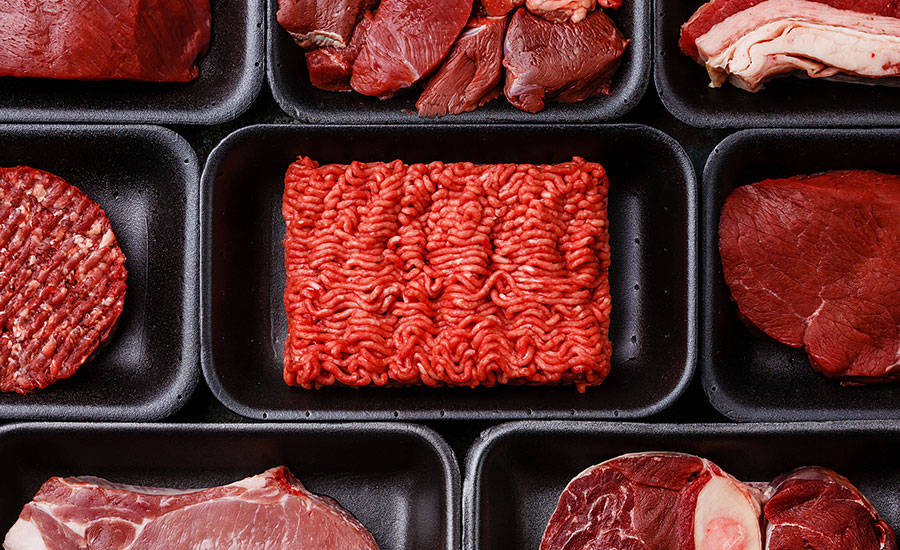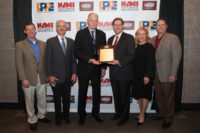A continuing economic recovery and lower prices meant good news for the meat industry as consumers bought more and better meats without worrying about prices, according to the 2017 Power of Meat Study. More shoppers want healthy choices – in fact, for the first time ever, more shoppers bought natural and organic meat products than didn’t buy them. This year, the study showed shoppers want:
The story of the meat: Increased transparency into ingredients, production practices, expanded assortments, and special attributes is in demand. This is especially true of health-conscious shoppers, such as those who buy natural/organic products.
Brands: One of the big stories of the meat case is brands, which are coming back strong after declining during the recession. Shoppers focus more on quality than price and they associate brands with quality. Manufacturer brands for both fresh (26 percent) and processed meats (43 percent) reached all-time highs for this report, while regional, specialty and private brands are performing well among millennials.
Price relief: Although shoppers are less likely to comparison shop than before, price still matters. Older shoppers focus on price per pound while younger shoppers want buy-one-get-one (BOGO) promotions and bulk packages. Shoppers are influenced by paper circulars, but retailers find increasing success with in-store promotions and digital, social, and mobile outreach.
To switch channels: In their search for higher quality, lower prices, more variety, specialty attributes and better customer service, shoppers are more willing to switch channels. While most shoppers still buy their meat at supermarkets, specialty channels are rebounding due to rising interest in natural/organic options and other specialty meats.
The study also offers processors and retailers on how to grow their businesses and attract new customers:
Be Transparent: The trend toward transparency and premium feel provides the industry with the opportunity to test and innovate, to reverse the recent decline in shopping trips and to combat growing competition from alternative channels. Educating shoppers on the nutritional benefits and variety of meat and poultry and leveraging branding that captures the product’s story can help retailers win back customers who buy meat alternatives.
Offer total meal solutions: By selling fresh meat as part of a total meal solution rather than as a component of the meal, retailers can tap into consumer demand for convenience and win back or create new customers. This year’s study found that 53 percent of shoppers want ready-to-eat meal kits featuring fresh meat or poultry in the meat department. Meal solution ads have declined in recent years, making up less than 0.1 percent of overall meat and poultry ads. Retailers need to reverse this trend by creating and promoting new products that offer meal solutions.
Focus on customer satisfaction: Personal assistance is the best way to connect with shoppers. Although meat departments average a 7.4 on a 10-point scale for overall performance in meeting shoppers’ needs, customer service and information drags down the average score. Customers also value ease-of-use and cleanliness, with a special emphasis on leak-proof packing, as well as packaged meats and poultry that are freezer-ready, environmentally friendly, re-sealable and pre-portioned into meal-sized quantities. Retailers should not just offer these benefits to shoppers, but also educate shoppers about their value. Since shoppers increasingly want advice on purchase and preparation, retailers need to have knowledgeable and friendly associates in the meat department who can, among other things, help introduce shoppers to new items or new recipes.
Responding to the shifting priorities and demands of the American consumer with innovative solutions, such as better transparency, convenience and service, can help processors and retailers retain their customers and help attract new ones. NP
The 2017 Power of Meat report was commissioned jointly by the North American Meat Institute (NAMI) and the Food Marketing Institute (FMI) with sponsorship from Sealed Air Cryovac. Surveys were administered, collected and analyzed by 210 Analytics.






